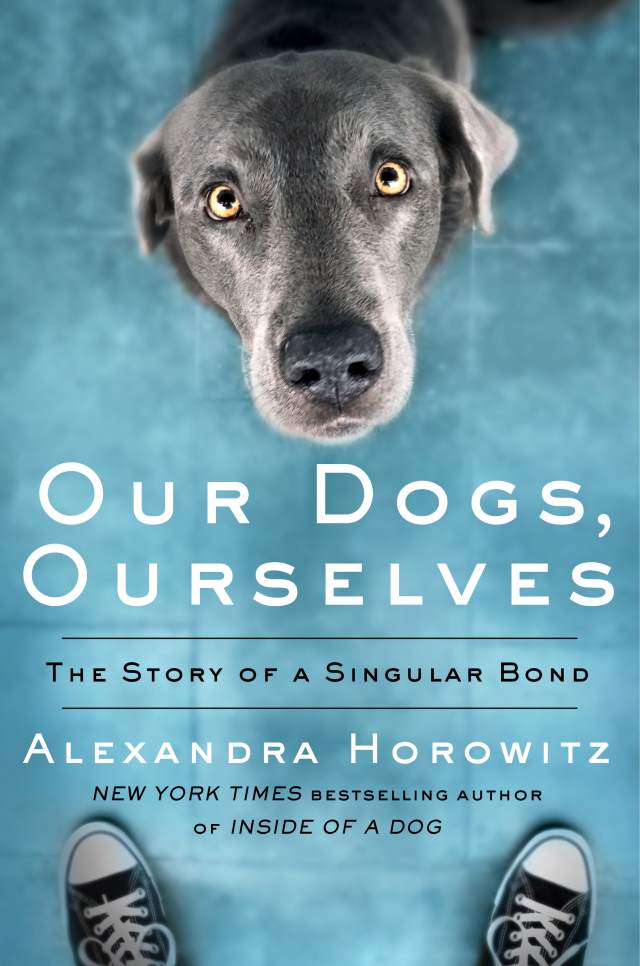

But they not play all the time, you know, they once in a while like hide behind a bush and play or they play as young and they don’t play as adults. Not to say our dogs aren’t big-brained but not like dolphins and they just, I kind of accidentally wound up studying dogs because I got interested in looking at play behavior. It was more chimpanzees or big-brained animals.

Dogs were not the non-human animal of interest to scientists. So I thought maybe a good place to start, or at least what I’ve wondered is how dogs? Why dogs? And how did you get there? How dogs, also?ĪH: (01:32) We don’t have to ask why dogs, I mean, we all know why dogs because dogs are so mysterious and ubiquitous but, honestly, I didn’t know I’d be studying dogs when I went into grad school in cognitive science and which is, I was kind of interested in the mind of non-human animals, but dogs weren’t really being studied.

But I am pleased to be here tonight with Alexandra Horowitz to talk about her new book, Our Dogs, Ourselves. JCH: (01:08) This is my first evening back in this beautiful space and it is just gorgeous. Can we have a round of applause for Town Hall for having us tonight? Thanks so much for the lovely introduction.

The Story Of A Singular Bond.Īlexandra Horowitz: (00:42): Hello. Together, they opened our eyes to the companions at our sides as never before and presented her new book, Our Dogs, Ourselves. Alexandra got into a delightful and curious conversation with Seattle-based science journalist Jane C. On September 28th, 2019, New York Times bestselling author and dog cognition researcher Alexandra Horowitz came to our Forum stage to talk about the odd, surprising, and contradictory ways in which we live with dogs. Jini Palmer: (00:07) Welcome to Town Hall Seattle Science series.


 0 kommentar(er)
0 kommentar(er)
